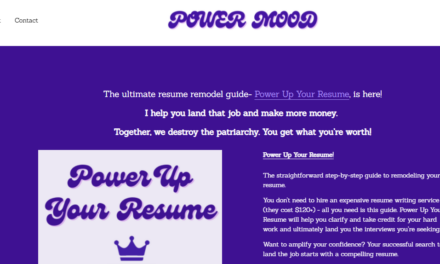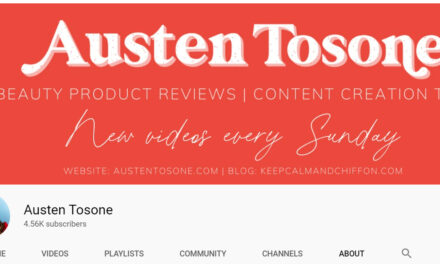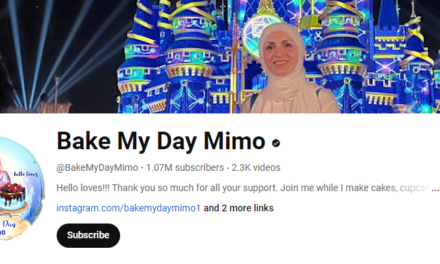You’re an expert creator because you possess some knowledge that you share with an audience, according to The Tilt definition. But how do you get yourself and an audience to realize you’re an expert? Do these five things.
1. Get over impostor syndrome. To get others to recognize your expertise, you must first believe in yourself. Do that by not comparing your entrepreneurial journey to others’. See your experience as unique.
When you feel impostor syndrome rise up, follow the SBNRR technique: Stop and take a moment to pause. Breathe deeply and let your thoughts go. Notice your feelings, body, surroundings, reaction, etc. Reassess the situation and why you felt the need to fall into impostor syndrome. React intentionally in a more informed and composed way now that you are calmer.
Helpful Resource: Don’t Let Impostor Syndrome Trip Up You or Your Content Business
2. Engage where people ask questions. Engage with groups related to your content tilt on LinkedIn, Discord, Facebook, Reddit, etc. When someone poses a question relevant to your expertise, answer it. Respond succinctly. Don’t talk about your content business at first. If appropriate, allow elaboration by sharing links to articles or episodes (yours and others). Don’t go overboard answering every question, doing it in more depth than necessary, or referencing your content. If you do, the group will see you as a know-it-all or a self-promoter and ignore your expertise.
Helpful Resource: Don’t Stick to One-Way Communication
3. Be a guest. Find entrepreneurs who have a similar audience. Ask to share your knowledge on a particular topic with that audience. You could guest on a podcast or craft an article for a blog or newsletter. Make sure you propose a topic that benefits both the audience and the hosting entrepreneur.
Helpful Resource: How To Make a Great Pitch To Be a Guest Blogger or Podcast Guest
4. Do PR. Take your guesting experience to the next level with a public relations strategy. You can do the work or consult with a contractor. Identify media outlets that tackle your subject or geographic area. Craft a value-focused press release around a timely event. The media outlet may run the release or follow up for an interview.
For example, if you were a financial expert, you might write a release about how small businesses can save on taxes. Or maybe you’re hosting a webinar on a current topic. You could write a release about the event, highlighting the key takeaways.
Don’t forget to add niche media, expert creators, and digital-only platforms to the outreach list.
Helpful Resource: The No-Cost PR Model That Works Well for Content Creators
5. Show the proof. Let audiences know others have recognized you as an expert. Incorporate some of that proof on your website, LinkedIn profile, and other bios. Add a “media” tab on your website and post mentions and links to guest appearances, articles, etc. Share them on social media as a way for people to learn more about the topic.
Detail your relevant educational background and experience to highlight your expertise. And while I think “award-winning” is an overused phrase, it still works. List any honors you’ve received, and in the future, look for opportunities to apply for new awards and recognition.
Finally, don’t forget your audience and customers. Ask them for testimonials and publish them on your site.
Helpful Resource:How To Use and Ask for Testimonials From Your Audience
About the author
Ann regularly combines words and strategy for B2B, B2C, and nonprofits, continuing to live up to her high school nickname, Editor Ann. An IABC Communicator of the Year and founder of G Force Communication, Ann coaches and trains professionals in all things content. Connect with her on LinkedIn and Twitter.










